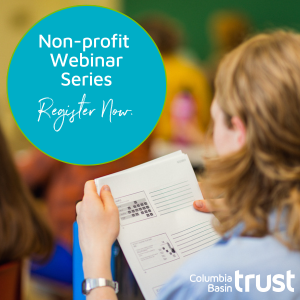A detailed report on consultation sessions tied to the ongoing Columbia River Treaty negotiations has been released by the BC Government.

The Columbia River Treaty is a 1964 agreement between Canada and the United States on the development and operation of dams in the upper Columbia River basin for power and flood control benefits in both countries. Four dams were constructed under this treaty: three in British Columbia, Canada (Duncan Dam, Mica Dam, Keenleyside Dam) and one in Montana in the United States (Libby Dam). The treaty provided for the sharing with Canada of one-half of the downstream U.S. power and flood benefits, and allows the operation of Treaty storage for other benefits. The long-term impacts of the treaty have been mixed: while the dams have provided enormous economic benefits to British Columbia and the U.S. Pacific Northwest through hydroelectric generation and flood control, there are longstanding concerns regarding social and economic impacts to the local communities, and the environmental effects associated with the construction and operation of large dams.
The report on consultation sessions features notes from all consultation sessions held in the Columbia Basin over the past year including three in Jaffray, Creston and Invermere. In Jaffray June 12th 38 people attended to discuss monitoring water levels, establishing a water management plan for the Koocanusa Reservoir and agriculture enhancements. June 13th in Creston, 21 people showed up to discuss the need for flood control and monitoring water level fluctuations. The most recent session in Invermere December 5th drew a crowd of 60 with topics including re-introducing salmon to the Columbia River, flood risk management and more.
This treaty negotiation could affect recreational water levels in Lake Koocanusa and potentially change environmental standards in the Elk Valley with respect to coal mining and the resulting selenium contamination issues.






















